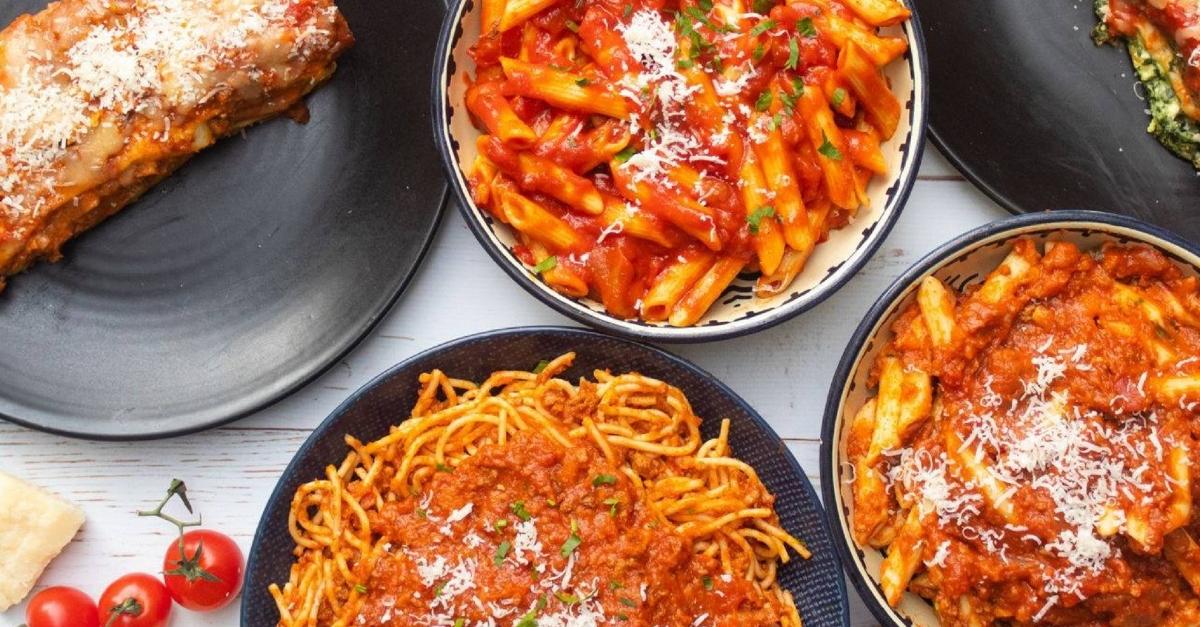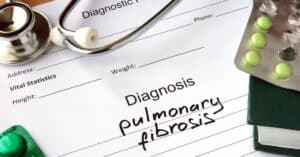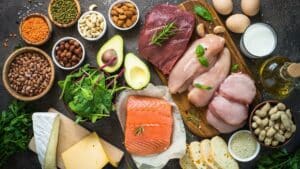When diagnosed with chronic obstructive pulmonary disease (COPD), many aspects of a person’s life change.
Doctors recommend certain lifestyle modifications to help prevent symptom flare-ups and other complications.
One of the most common areas doctors recommend their patients modify involves something nearly everyone does three times a day – eating. Anyone can change bad eating habits, given the right motivation.
By paying attention to natural hunger signals and switching to healthier snacks, one can boost nutrition, control cravings, lose weight and avoid low-energy periods.
Adopting a healthy diet can be difficult, and for people with illnesses adversely affected by diet, the pressure is on, 24-7.
Certain foods can trigger symptom flare-ups for people with COPD and other chronic lung diseases, so before reaching for whatever looks tasty, you might want to avoid these foods.
Here is a list of 7 Foods To Avoid for COPD and Your Lungs, especially if you suffer from chronic lung disease.
7. Acidic Foods and Drinks
A ring of muscle forms a valve at the end of the esophagus. If the valve does not seal properly or opens too often, stomach acid can move into the esophagus.
This creates heartburn, and frequent heartburn — more than twice a week — is a sign of acid reflux disease.
People with lung disease may find that acid reflux increases their lung disease symptoms.
Avoiding or limiting acidic foods and drinks (citrus, fruit juice, tomato sauce, coffee, and spicy foods) reduces acid reflux and lung disease symptoms.
6. Carbonated Beverages
Unsurprisingly, carbonated beverages made our list. Filled with sugar, empty calories and lots of carbonation contribute to weight gain and increased bloating.
The increased gas and bloating can put more pressure on your lungs. Carbonated beverages such as sodas, beer, sparkling wine or sparkling cider also contribute to dehydration.
So, when you’re thirsty, hydrate with water.
5. Cold Cuts
Most cured meats such as bacon, cold cuts, ham, and hotdogs contain additives called nitrates.
Companies often add nitrates for color or to extend shelf life. A study from European Respiratory Journal suggests that added nitrates increase the risk for COPD-related hospital re-admissions.
4. Cruciferous Vegetables
Gas and bloating are uncomfortable, and these symptoms can make breathing difficult for people with lung disease.
Cruciferous vegetables, such as cabbage, broccoli, radishes, and cauliflower are filled with nutrients and fiber, but if they give you extra gas, try limiting them.
3. Dairy Products
For people with lung disease, dairy products can worsen symptoms. While milk is nutritious and filled with calcium, it contains casomorphin, a “breakdown product of milk,” which has been known to increase mucus in the intestines.
During flare-ups, people with lung disease often experience an increase in mucus. Though the relationship may not be clear, “scientists have stimulated mucus production from respiratory cells by adding casomorphin to them in the laboratory.”
2. Excessive Salt
While a small pinch of salt cooked in a dish may be fine, a salt-heavy diet can be a problem. Salt can make people retain water, and excess water can cause breathing problems.
Instead of using salt or a salt substitute, try herbs and spices to enhance the flavor of food.
1. Fried Foods
Like cruciferous vegetables, fried foods cause can cause bloating and discomfort by pushing on the diaphragm, making breathing difficult and uncomfortable.
Excessive fried food over time can cause weight gain, which increases pressure on the lungs. Fried foods are full of unhealthy fats that raise bad cholesterol levels and increase the risk for heart disease.
Next time those French fries, fried chicken or onion rings are calling, hang up and try a healthy alternative, such as baked foods.
Start Something Positive
Knowing the 7 worst foods for COPD and your lungs can help you know what to avoid. The good news is that there are COPD-friendly foods that taste great and don’t have the negative issues associated with them.
A change in habits and avoiding these 7 foods that are bad for COPD and your lungs can help prevent flare-ups of COPD and chronic lung disease symptoms.

Christine Kingsley, APRN is the Health and Wellness Director at the Lung Institute where she focuses on providing helpful online resources for people looking for information on various lung diseases, breathing exercises, and healthy lifestyle choices. She advocates for holistic care that involves working with your doctor to explore all options including traditional and alternative care while focusing on diet and exercise as proactive measures.









